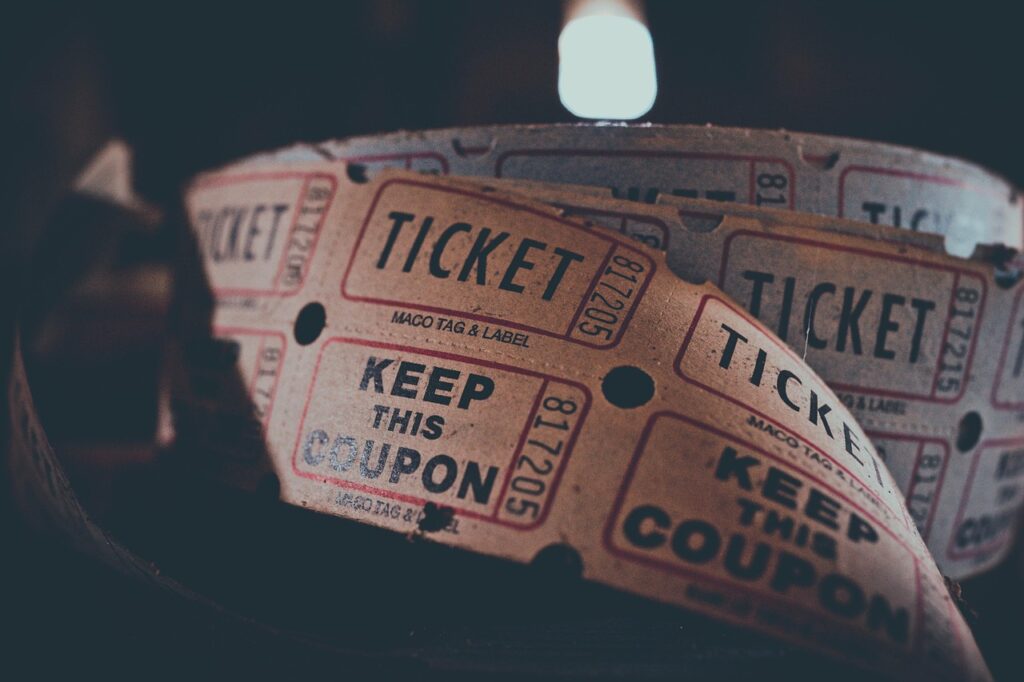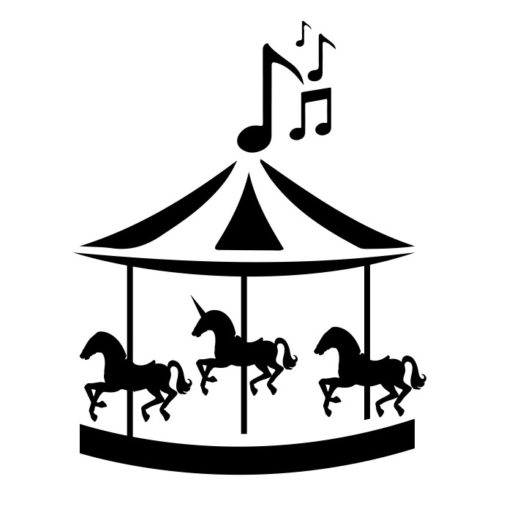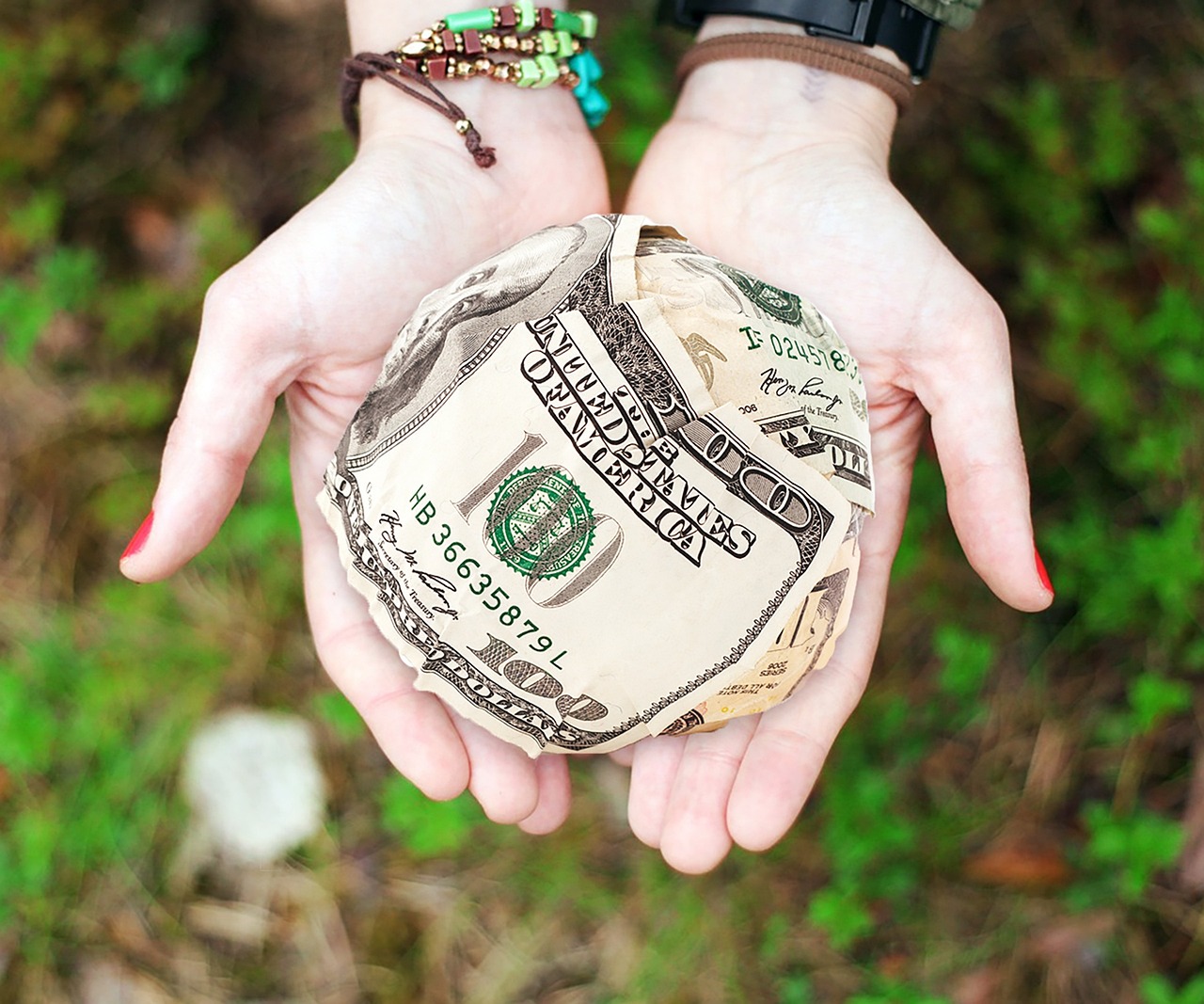Note: This article contains affiliate links. If you buy something through one of those links, Parlor City Sound may earn a small commission, and it doesn't cost you anything when that happens. We only link to gear and services relevant to the topic. And our opinions aren't for sale. If we recommend a product, it's because we think you might like it as much as we do.
Should you pay to play gigs? Is there ever a situation where a music act should be handing over money to a promoter or a venue for a chance to perform for “exposure”? Or is this just a big, silly scam designed to yank much-needed moolah from hardworking musicians?
The short answer is no, and the longer version is also “no” but with more colorful language before and after. Your music act should never pay money to play a gig. Ever. Full stop. That’s awful event promoting at best. And at worst, it’s an outright scam.
While we haven’t heard of these pay-to-play events happening in the Binghamton music scene, this has been an issue reported by friends and strangers alike in bigger cities, including our close-by neighbors in NYC and Toronto. And while this doesn’t seem to be a widespread problem, it’s still something musicians should be generally aware of.
Should you pay to play gigs? Here are the common versions of this not-so-obvious scam
There are a few different versions of these pay-to-play scams going around. Let’s take a look at them and help you avoid falling victim to any of them in the process.
The ticket buy-in scam
A promoter is offering to book your act for a really awesome show. And your act is going to earn a killing, because you’re selling the tickets yourself!

You’ll need to buy a certain number of tickets in advance, of course. But you’re buying them at a wholesale rate, and reselling them at a pre-established retail price. Some of these promoters even claim you can set your own pricing, allowing you to undercut all of the other acts that fell for this crummy scam are also super awesome like you guys are.
It sounds promising, doesn’t it? Let’s say you’re buying 100 tickets at $10 a pop. You’re paying $1,000 out of pocket. That sounds like a lot, but you’re then reselling those 100 tickets at $20 a pop, which means you’re not only making that money right back, but doubling it … right?
Of course, this seedy promoter isn’t actually promoting anything. You’re doing all of the marketing for the show yourself. And if you could sell 100 tickets easily, they wouldn’t be asking you to do it for them. At that point, your act is a solid booking and venues should actively want to bring you in.
What happens if you fail to sell 50 of those tickets? Why, you’re left holding the bag, of course. And in some extreme versions of this scam, that promoter may have oversold the show, which means you might have to refund some of the ticket sales yourself.
Slot fees: should you pay to play gigs if it’s a flat fee?
Some promoters and venues will “allow” you to play gigs if you’re willing to pay a slot fee—a flat price that gets you some amount of stage time, typically opening for a more popular act. And this is another nonsensical rip-off you should always steer clear of at all literal and figurative costs.
Venues and promoters should be paying you for your time. That’s not always the case, of course, especially when your band is just starting out. But there’s a sizable gap between not getting paid for a show versus paying someone else to perform. Unless the gig is a quinceanera, the promoter and venue are making money already. They don’t also need your cash, too, and you shouldn’t accept those types of “offers”.
See Also: What is busking and how much money can you earn doing it?
The old ‘VIP’ hustle
Some of the more ridiculous takes on these two scams involve getting a can’t-miss opportunity to perform in front of some big VIP—an A&R person, a festival scout, a radio personality, etc. The promoter or venue is promising you a chance to impress someone you definitely want to impress. And all you need to do is buy a bunch of tickets in advance or pay some ludicrous slot fee.
But here’s the thing. Even if that VIP is real and will actually be in attendance—and in many cases, that part isn’t true—they’re not going to flock to you because they like the cut of your jib.
A&R people and talent scouts aren’t just listening to your music. They want to know that you can draw your own crowds and fill a venue with engaged fans. If the audience isn’t electric (or if it’s non-existent), they’re not going to take notice regardless of how good your original music may be. And if those VIPs learned you’re paying money to play that gig? Forget it.
When should you pay to play gigs? Almost literally never
Very rarely you may come across situations where paying to play a gig is acceptable. It’s okay for charity events, though usually your time on stage counts as the donation you’re making. And in some cases there might be a contest with real prizes—a battle of the bands event, for instance—but even then we strongly recommend you tread lightly and do your homework to ensure the event is legitimate.
In most cases, this isn’t a question of when should you pay to play gigs. It’s a question of how loudly you can laugh while saying “no.”
A good promoter doesn’t need your help selling tickets to an event. They shouldn’t expect you to risk your own finances gambling on their success. And those risks aren’t purely financial, either. What if word gets around that your band is involved in these pay-to-play schemes? Why would a self-respecting real venue book you? Why would other local or regional acts want to share a billing with you?
So let’s answer this question firmly and in no uncertain terms. Should you pay to play gigs? Hell no. Not unless it’s a reputable, charitable event or a contest put together by an established and trusted name you’re strongly familiar with. And if you hear of any promoters doing stuff like this in the Greater Binghamton region, please don’t hesitate to let us know. Parlor City Sound would love to blow up their spot and protect our local and regional acts from falling victim to these scams.




